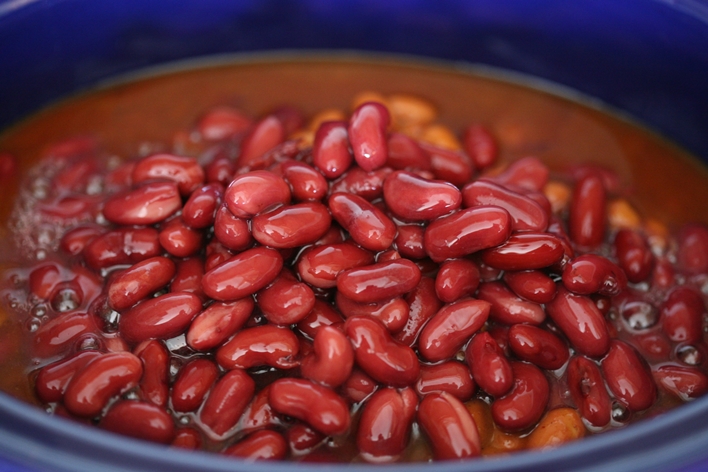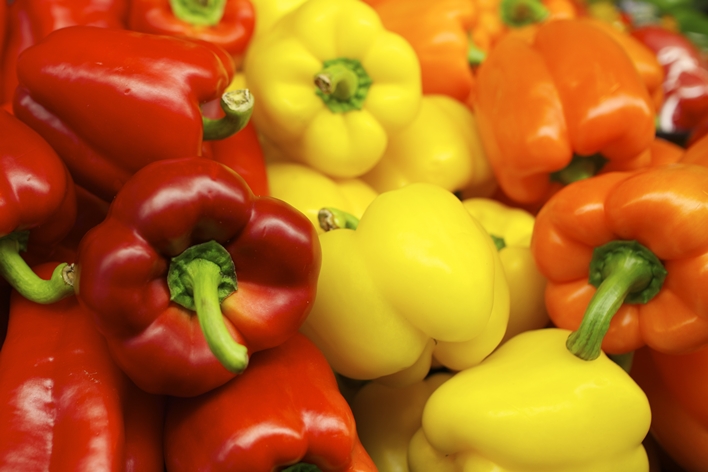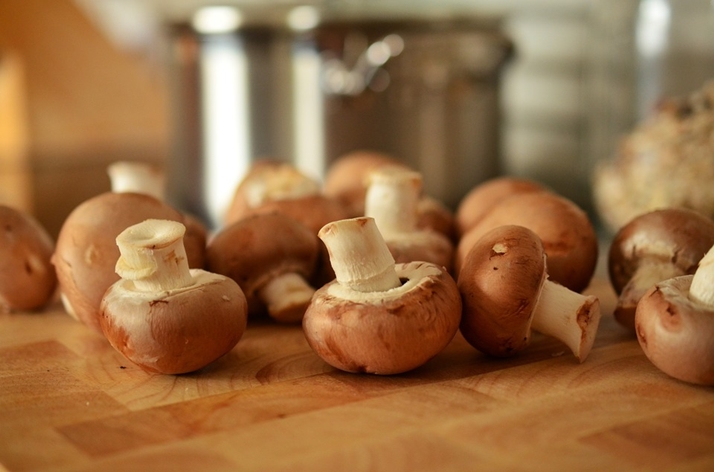 Zinc-rich kidney beans help to regularise thyroid hormone production. Image source: Trevis Rothwell/Flickr
Zinc-rich kidney beans help to regularise thyroid hormone production. Image source: Trevis Rothwell/Flickr
Hypothyroidism is a condition resulting from an underactive thyroid gland that cannot synthesize or release thyroid hormones. The hormones secreted by the thyroid gland are crucial for optimal functioning of the body and a drop in their level can affect overall health. Treatment usually involves medication to help regulate hormone production. Diet also plays a vital role to reduce inflammation, rectify nutrient deficiency and hormone regulation (usually set haywire by stress). Here are a few foods to include and avoid in your diet if you’re suffering from hypothyroidism.
Include zinc-rich foods like spinach, meat (chicken, pork, crabmeat), cashew, chickpeas, oats and kidney beans in your daily meals. A diet rich in zinc is essential to help the thyroid gland produce enough hormone.
Excess of caffiene, tobacco, and alcohol, aren’t good for your condition (and for health, in general). They may affect the effectiveness of your thyroid medicines.
A balanced diet is ideal with enough protein, fibre and carbohydrates from meats, seeds, fruits and vegetables. However, do not go overboard with high-fibre foods like spinach and cabbage, as the fibre content can interfere with the absorption of the medication. Moderation is advised and it’s best to consume cooked fibrous foods to aid digestion.

Include antioxidant-rich food like bell peppers in your diet. Image source: Austin Kirk/Flickr
Antioxidant rich foods like berries, tomatoes, bell peppers, help with overall health and aid thyroid functioning.
Selenium deficiency is common for those suffering from hypothyroidism. Include selenium rich foods like eggs (whole egg, with the yolk), spinach in your diet.
Most people suffering from a thyroid hormone deficiency are sensitive to gluten. It is best to limit the consumption of gluten-rich grains and switch up your diet with alternatives like legumes, fresh fruits, lean meats, amaranth, arrowroot, rice (red, brown and white), millet, among others.

For vegetarians, mushrooms are a great way to include vitamin D in the diet. Image source: Pixabay
A deficiency in vitamin D affects overall health, including that of your thyroid gland. Including foods like eggs, milk, mushrooms plus fish like tuna, mackerel and sardines in the diet is advised.
An imbalance of thyroid hormone causes weight gain, which can further be compounded by a diet rich in processed sugar. It is best to limit your intake of processed food and cut out excess sugar from your diet, wherever possible.
Refined flour also causes weight gain and can further affect overall symptoms associated with the deficiency. Stay away from bread, cereals, pastas and baked foods. Opt for whole wheat breads, if you must and the next time you’re eating out, skip the burger in favour of a wrap.









